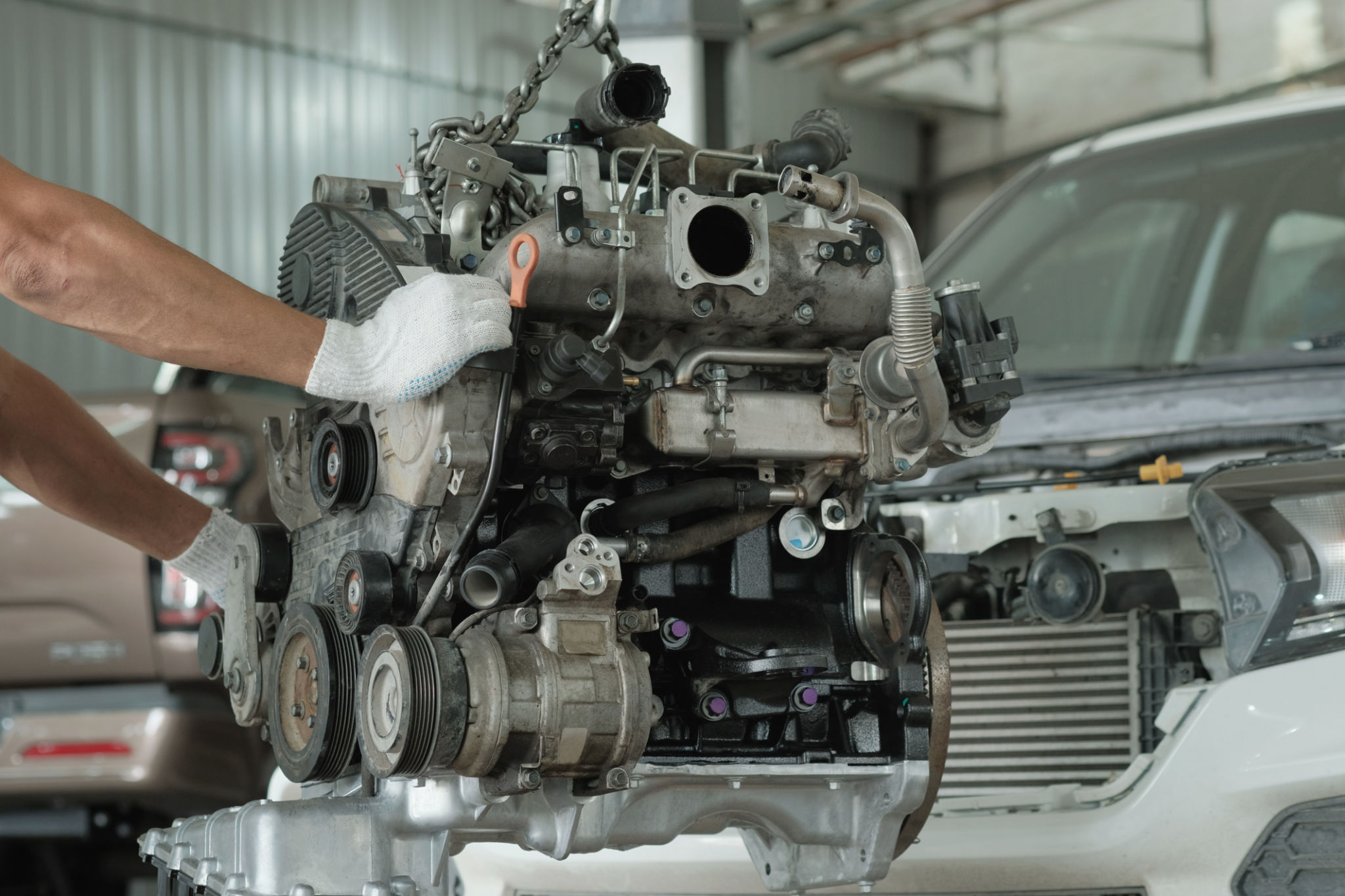Common Misconceptions About Marine Engine Repairs
Understanding Marine Engine Repairs
When it comes to marine engine repairs, many boat owners and enthusiasts often find themselves surrounded by myths and misconceptions. Understanding the truth about marine engine repairs can save you time, money, and frustration. In this post, we'll debunk some common myths and provide clarity on what really goes into maintaining and repairing marine engines.

Myth 1: Marine Engines Are Just Like Car Engines
One of the most prevalent misconceptions is that marine engines are identical to car engines. While they may share some similarities, marine engines are specifically designed to withstand the harsh marine environment. They operate under different conditions, such as constant exposure to saltwater and varying load demands, which means they require specialized maintenance and repair techniques.
Unlike car engines, marine engines often run at higher RPMs for extended periods, which can lead to different wear patterns and issues. Therefore, assuming that experience with car engines translates directly to marine engines can lead to improper maintenance and costly repairs.
Myth 2: You Only Need to Check the Engine at the Start of the Season
Another common misconception is that a single check at the beginning of the boating season is sufficient for engine maintenance. In reality, marine engines require regular inspections and maintenance throughout the entire boating season. This includes checking oil levels, inspecting fuel lines, and ensuring cooling systems are functioning properly.

Regular maintenance helps identify potential issues before they become significant problems. Neglecting these routine checks can lead to engine failure when you least expect it, ruining your time on the water.
Myth 3: DIY Repairs Are Always Cost-Effective
While some boat owners may feel confident in their mechanical skills, attempting DIY repairs on a complex marine engine can often lead to more harm than good. Marine engines consist of intricate systems that require specialized knowledge and tools for proper repair.
Incorrectly performed repairs can exacerbate existing issues or create new ones, ultimately leading to higher repair costs when you inevitably need to call in a professional. It’s essential to recognize when a job is beyond your skill level and to seek the help of experienced marine technicians.

Myth 4: All Parts Are Created Equal
A critical misconception is believing that all replacement parts are created equal. Using non-marine-specific parts or low-quality components can compromise the performance and longevity of your engine. Marine engines require parts that are resistant to corrosion and designed to endure the unique demands of maritime use.
Purchasing quality parts from reputable suppliers ensures that your engine runs efficiently and safely. Investing in genuine or high-quality aftermarket parts may cost more upfront but often saves money in the long run by reducing the likelihood of frequent breakdowns.
The Importance of Professional Expertise
Understanding these misconceptions highlights the importance of consulting with professionals who specialize in marine engines. Experienced technicians have the training and tools needed to address complex issues efficiently. They can also offer valuable advice on preventive maintenance practices that help extend the life of your engine.
By debunking these myths, we hope you now have a clearer understanding of what it takes to keep your marine engine in optimal condition. Remember, proper care and knowledge are key to ensuring a smooth and enjoyable experience on the water.